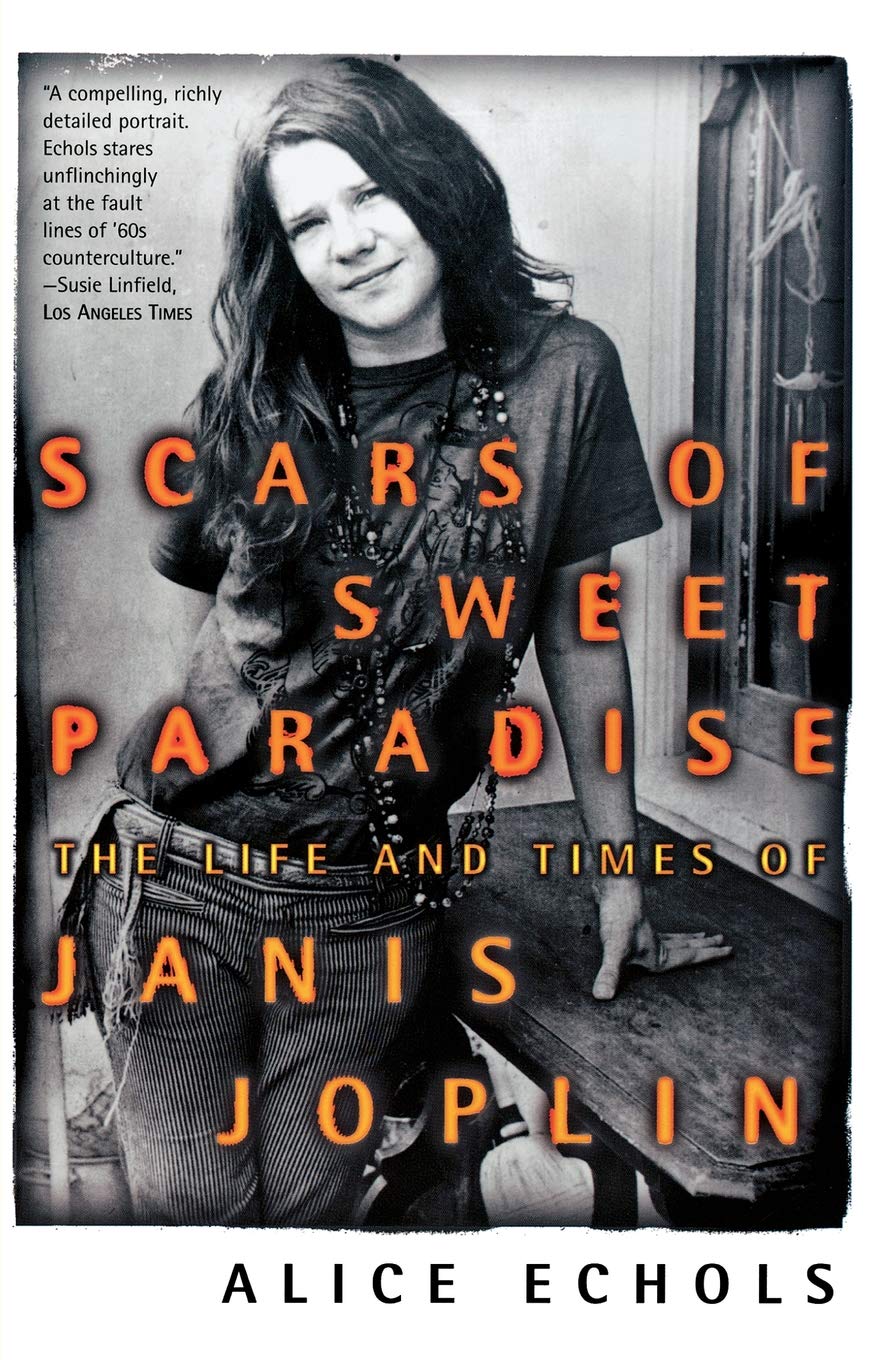To call Janis Joplin the Judy Garland of the Woodstock set is in some sense a fair characterization. The brassy, carnal, extravagant, and ultimately pitiable queen of psychedelic rock is indeed a cultural icon. And while Joplin reveled in her own ballsy, boozy legend, its needy, inebriated, real-life equivalent was a shadow that darkened her short life and, in the decades since her 1970 drug-induced death, has come to eclipse the party-girl persona.
To her great credit, author Alice Echols reconciles the two faces of Joplin in this ambitious, thoroughly readable biography. She does so by tracing Joplin from her youth as a natural-born libertine in dreary Port Arthur, Texas, to her emergence as the sole female rock superstar of her era–a period when beneath-the-surface sexism hampered Joplin’s progress even while women’s liberation was being widely touted. The author does not shy away from sordid sex-and-drugs episodes, and there’s plenty of raw material—the singer was promiscuous, bisexual, and, at various times, an alcoholic, a speed freak, and a junkie. Echols, however, elevates this biography above run-of-the-mill rock profiles by painting her subject against an elaborate and ever-changing cultural backdrop. Here is Joplin the aspiring folksinger, the white-picket-fence wannabe, the wayward daughter, the hit-and-miss recording artist, and, finally, the ill-starred spirit with nothing left to lose. –Steven Stolder, 1999
